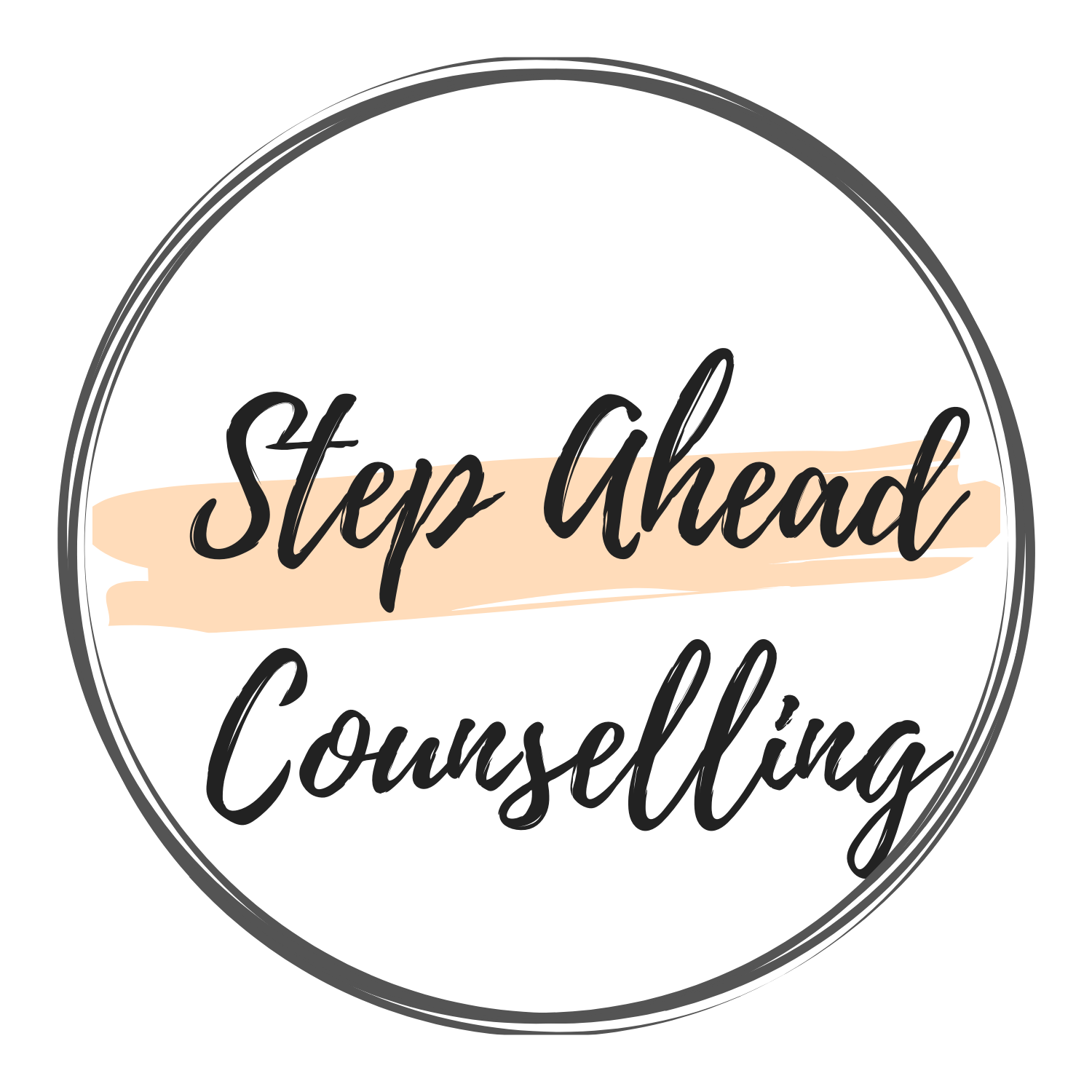Empathy versus sympathy – which one requires more work?
There are so many grief greeting cards that sign off with “my deepest sympathies’. But what is sympathy, and why do we choose to use sympathy instead of empathy when those we care about are struggling or grieving?
Sympathy is the feelings of pity and sorrow for someone else’s misfortune. Whilst sympathy is often given out of understanding of someone’s suffering, it is more cognitive in nature, which requires some distance. Sympathy is often given out of concern; but it can also imply a power to share another’s personal and emotional experience of the situation. The reality is that each person is unique and has their own individual feelings about their situation, and it is near impossible to connect and share others experience. This then can appear condescending, or not authentic.
Empathy on the other hand means experiencing someone else’s feelings. It requires an emotional component of really feeling what the other person is going through and focuses on authentic ways to communicate with others. We are not implying we ‘know what they are going through’, or ‘we have been there before ourselves’. When showing empathy, we convey that we understand what others are experiencing as if we were feeling it ourselves.
Examples of differences between sympathy and empathy
Situation #1: You are at the risk of losing your job, which you are heavily reliant on for financial security.
Sympathy response: Job cuts are the worst; this is why I didn’t vote for this new government. I knew this would happen; it’s such a shame that this has happened to you.
Empathy response: I know how much you depend on that income. I can’t imagine how worried and scared you must be.
Situation #2: Your daughter confides in you that she had a massive fight with her husband, and he stormed off in the middle of it.
Sympathy response: It breaks my heart to hear this; I really want you to be happily married like your Father and I were.
Empathy response: That must be so upsetting for you, I know how important your relationship with your partner is, and it must have really hurt when he stormed off during the fight.
Empathy’s benefits
You can see in these examples how the empathy responses put you inside the other person’s pain, by feeling the experience of someone else and creating space for them.
Empathy requires more work than sympathy as it involves being non-judgemental of the situation and applying patience to really hear what the other person is sharing.
Empathy however will bond you more deeply to the ones you care about, through more effective communication and more meaningful dialogue, which allows for healing.
How do I apply Empathy?
According to nursing scholar Theresa Wiseman, the four attributes of empathy are:
1. Perspective taking - to be willing and able to see and feel the world through the eyes of the other by really listening to what they are going through.
2. Staying out of judgment - By being open to what others are feeling and refraining from comments that invalidate their experience or make them feel wrong such as, “that’s nothing to worry about“ or “I don’t know why you’re getting so upset about it, that’s minor”.
3. Recognizing emotion in another person- by acknowledging fully what others are feeling and even naming it eg:“It sounds like you are feeling really frustrated” or “I’m sorry, it sounds like you’re feeling so stressed about that”.
4. Communicating the understanding of another person's emotions - Try never to start the sentence with “at least”. Instead try communicating that you understand where the person is at and validate their feelings. An example is you could say ‘wow that sucks; I can see why you are upset about that’. Or to quote Brené Brown, leading empathy researcher, you could say directly, “It sounds like you are in a hard place right now. Tell me more about it”.
I also love this child-friendly empathy video on YouTube that Brené Brown created, which explains empathy so simply, yet beautifully: https://www.youtube.com/watch?v=KZBTYViDPlQ
Empathy is a deliberate choice, and “it's a vulnerable choice,” says Brené Brown. However we can strengthen empathy with practice.
For further guidance, or to work with a counsellor on your own empathy skills to improve your relationships, contact me at stepaheadcounselling.com.au.
